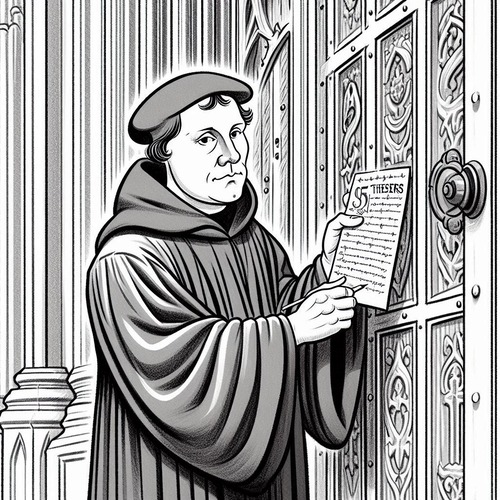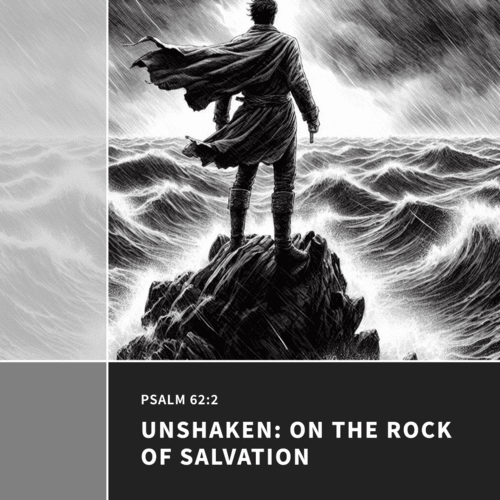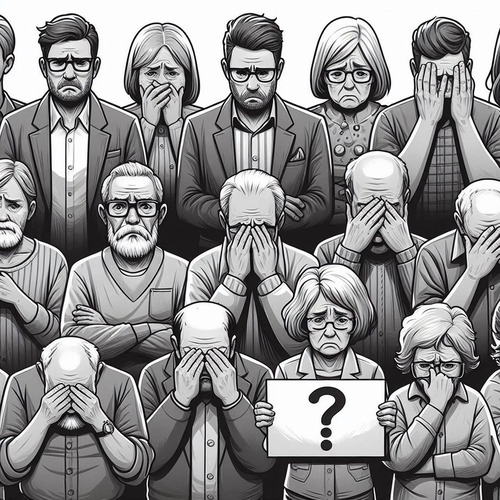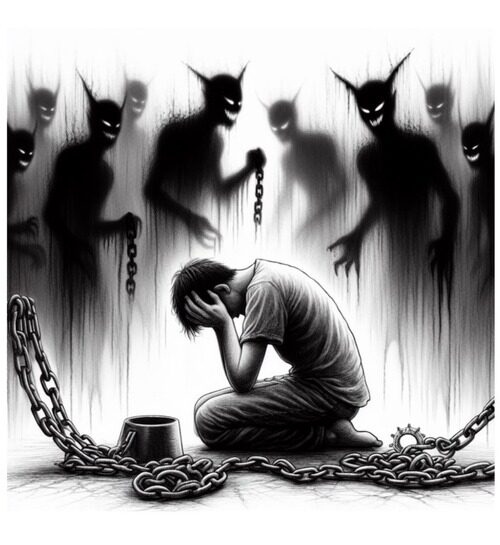The Reformation’s Five ‘Solas’: Cornerstones of Salvation
IMAGE CAPTION: When it all began: The glorious Reformation began with Martin Luther nailing his 95 Theses to a cathedral door in 1517
Reclaiming the Gospel
The Protestant Reformation’s Five ‘Solas’: The Reformation was a monumental movement that reshaped Western Christianity and sent ripples across the world. At its heart was a daring challenge to the flawed doctrines and authoritarian abuses of the Roman Catholic Church. Through their united efforts, the Reformers reclaimed the gospel’s pure, glorious doctrine of salvation by grace alone.
Led by stalwarts like Martin Luther and John Calvin, the Reformers with their rallying cry of “Sola Scriptura” (Scripture Alone) resounded the call to make the Bible the supreme authority for faith and practice in the church. No longer would human traditions and papal decrees usurp God’s inerrant, complete Word. While not explicitly formulated together during the Reformation, the Solas were later distilled from the Reformers’ collective teachings, reflecting the convictions of theologians like Huldrych Zwingli, Philip Melanchthon, John Knox, Thomas Cranmer and William Tyndale.
Crystallizing this biblical emphasis were the five Latin Solas (meaning “alone”)—rays emanating the guiding light of truth with pinpoint precision. These five Solas formed the bedrock truths recovering the apostolic gospel of salvation. Let us explore what they are and why they remain immensely vital:
Sola Scriptura (Scripture Alone)
With prophetic boldness, the Reformers rejected any authority being placed over or equated to the Bible. Scripture alone reigned as the inspired, sufficient and infallible source of God’s special revelation to humanity (2 Timothy 3:16-17). Not Scripture plus tradition or papal proclamations, but Scripture alone held the supreme, binding truth about salvation.
Sola Gratia (Grace Alone)
The Bible message rang out unequivocally—humanity is radically depraved, unable to earn favour with God through any works or merits of our own (Ephesians 2:8-9). Against the Catholic system of indulgences and obedience-based righteousness, rings out this message that fallen man can find salvation by God’s grace alone through His unmerited favour.
Sola Fide (Faith Alone)
How then do we receive this amazing grace? The Reformers upheld the biblical truth it is through faith alone in Christ’s finished work, not our feeble efforts (Romans 3:28). Real faith isn’t mere intellectual assent but a repentant, spiritual rebirth that leads to transformation (James 2:17). Yet even this faith isn’t our own doing but a gracious gift from God (Ephesians 2:8).
Solus Christus (Christ Alone)
At the blazing centre of this theological reinvigoration was the supreme truth that salvation is found in Christ alone as the singular Mediator between God and man (1 Timothy 2:5). His death alone pleases the Father and propitiates for sins. No human priests, saints or Mary can offer salvific mediation. Christ alone is the Way, Truth and Life (John 14:6).
Soli Deo Gloria (Glory to God Alone)
Ultimately, God alone deserves all glory for the wondrous drama and work of redemption. From predestination to justification to sanctification to glorification, it’s all about magnifying His infinite majesty, wisdom, grace and power in radically restoring fallen humanity (Romans 11:36). Salvation exalts and elevates God alone as the Creator, Sustainer and Redeemer.
The Reformation’s Five ‘Solas’ weren’t just catchy phrases. They were powerful truths that stripped away years of man-made rules in the church.
Today, these principles still matter. They remind us that salvation comes from God’s kindness through Jesus. Our job is to trust Him, follow the Bible, and live for God’s glory.
If you feel weighed down by religious rules or traditions, let the Reformation’s Five ‘Solas’ light your way. They show us that salvation is God’s amazing gift from start to finish!
In a world where it’s easy to lose sight of what’s important, the Reformation’s Five ‘Solas’ keep us focused on the heart of the Christian faith. They’re like five bright flames, keeping the true message of the gospel burning strong.
Editor's Pick

The Christian Sabbath: Why Did Sunday Replace Saturday?
Consider this: God-fearing Jews who’d faithfully observed Saturday Sabbath for over a thousand years suddenly began gathering for worship on [...]

Did the Early Christians Worship Jesus? The Biblical Evidence
It was a startling transformation: Jewish fishermen who'd spent three years following this itinerant carpenter from Nazareth now begin to [...]

If Jesus is Messiah, Why Aren’t ALL Messianic Prophecies Fulfilled?
If Jesus is truly the Messiah, why hasn't world peace arrived? Why do Jews still face persecution? Why isn't the [...]

When Courage Fails: Will I Be Forgiven If I Deny Christ in Persecution?
The rooster crowed, and Peter remembered. In that devastating moment, the apostle realised he’d just done the unthinkable—three times he’d [...]

What Makes a Godly Dad? 5 Biblical Principles Fathers Need
Modern culture sends fathers mixed messages. Be strong but sensitive. Be involved but not overbearing. Lead but don’t dominate. With [...]

What Makes a Godly Mom? A Scripture-Backed Guide
In our culture’s confusion about gender roles and parenting, the timeless question remains: what makes a godly mother? While secular [...]

Paul’s Mandate for Men: Headship Or Servant Leadership? Or Both?
Modern Christianity has fallen into a trap. We've created an either/or battle between "headship" and "servant leadership," as if these [...]

Should We Stop Using Male Pronouns for God? Why Do We Say No?
A friend of ours arrived eagerly at his first theology class in seminary. But he quickly discovered something troubling: the [...]

Did Old Testament Law Force Women to Marry their Rapists?
**Editor’s Note: This post is part of our series, ‘Satan’s Lies: Common Deceptions in the Church Today’… Viral misinformation abounds [...]

From Danvers To Nashville: Two Statements, One Biblical Vision
30 years separate the Danvers Statement on Biblical Manhood and Womanhood (1987) and the Nashville Statement on Human Sexuality (2017). [...]
SUPPORT US:
Feel the Holy Spirit's gentle nudge to partner with us?
Donate Online:
Account Name: TRUTHS TO DIE FOR FOUNDATION
Account Number: 10243565459
Bank IFSC: IDFB0043391
Bank Name: IDFC FIRST BANK






